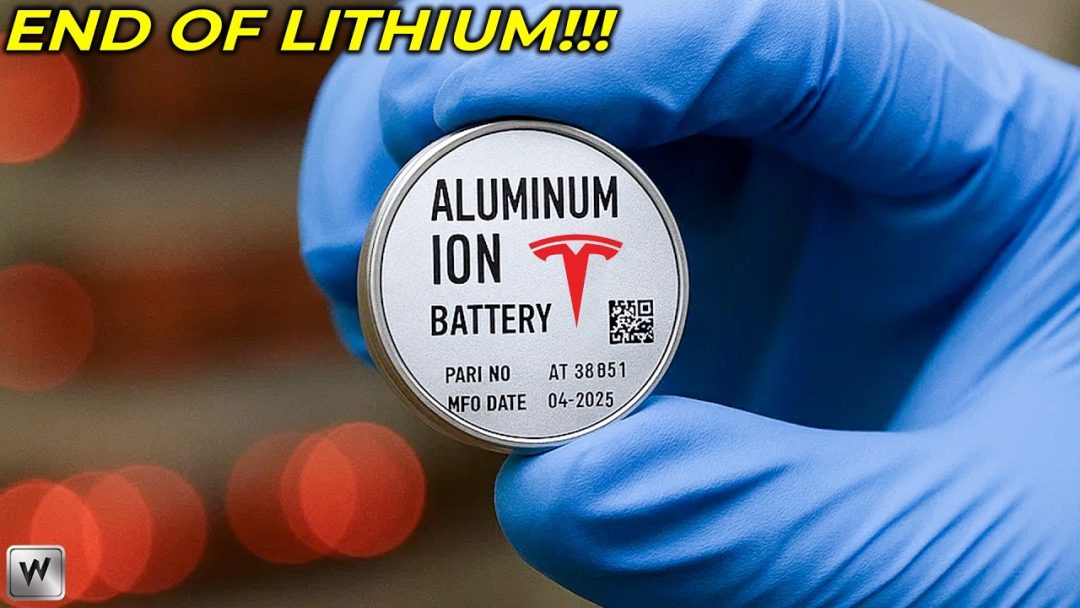Elon Musk’s Aluminum-Ion Battery: A Game Changer for the EV Market and a Blow to China’s Battery Dominance
In a groundbreaking announcement during Tesla’s Q4 earnings call, Elon Musk unveiled a revolutionary aluminum-ion battery that could dismantle China’s $180 billion battery empire. This innovation not only promises to reshape the electric vehicle (EV) landscape but also heralds a significant shift in global energy independence.
Currently, China holds a staggering 95% of lithium iron phosphate (LFP) battery production and dominates 85% of global battery cell manufacturing. This monopolistic grip has been bolstered by $50 billion in government subsidies since 2015, creating a system vulnerable to geopolitical disruptions. With global lithium reserves limited and heavily concentrated in just a few countries, the reliance on lithium-ion technology poses a significant risk to the entire EV industry.
Enter Tesla’s aluminum-ion battery, a potential game-changer that could disrupt this status quo. Aluminum is one of the Earth’s most abundant elements, with reserves vastly outnumbering those of lithium. By eliminating the need for cobalt and nickel—minerals primarily controlled by Chinese companies—this new battery technology offers a pathway to independence from Chinese supply chains. Manufacturing costs could plummet by up to 52%, allowing Tesla to produce electric vehicles at unprecedented prices.
The technical advantages of aluminum-ion batteries are equally impressive. They can recharge in minutes, last over 25 years, and operate safely in extreme temperatures without risk of thermal runaway. With cost projections as low as $50 per kilowatt-hour, the economic implications are staggering. A Tesla Model 2 could retail for around $17,195, making EV ownership accessible to a broader demographic, including working-class families and seniors on fixed incomes.
This breakthrough is not just about improved technology; it represents a seismic shift in the power dynamics of the EV market. With the potential to produce vehicles that are lighter, cheaper, and longer-lasting, Tesla’s innovation could accelerate mass adoption of electric vehicles and fundamentally alter the future of global energy. As Musk’s announcement reverberates through the industry, it is clear that the era of dependence on Chinese battery production may soon come to an end, paving the way for a new chapter in energy independence.






